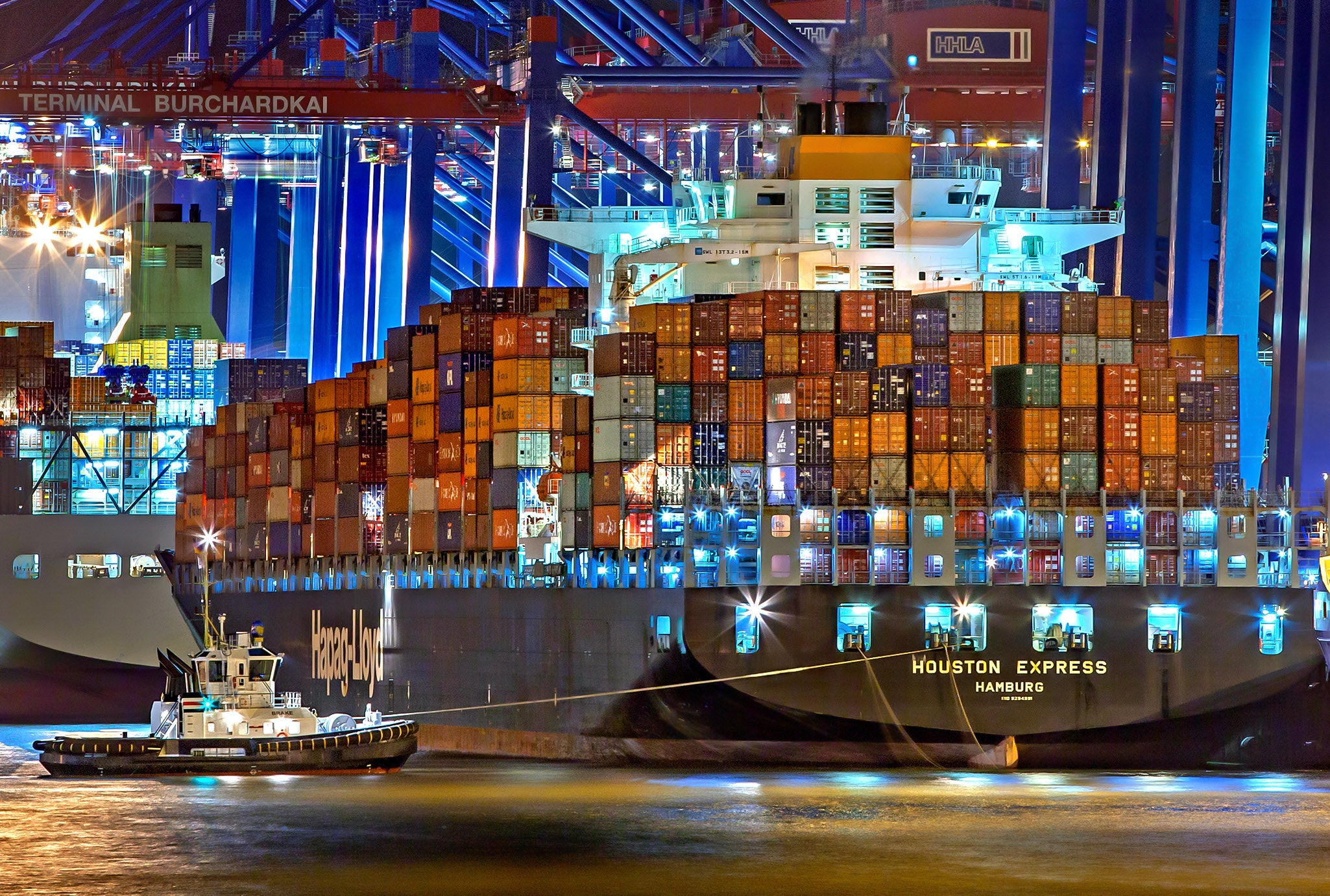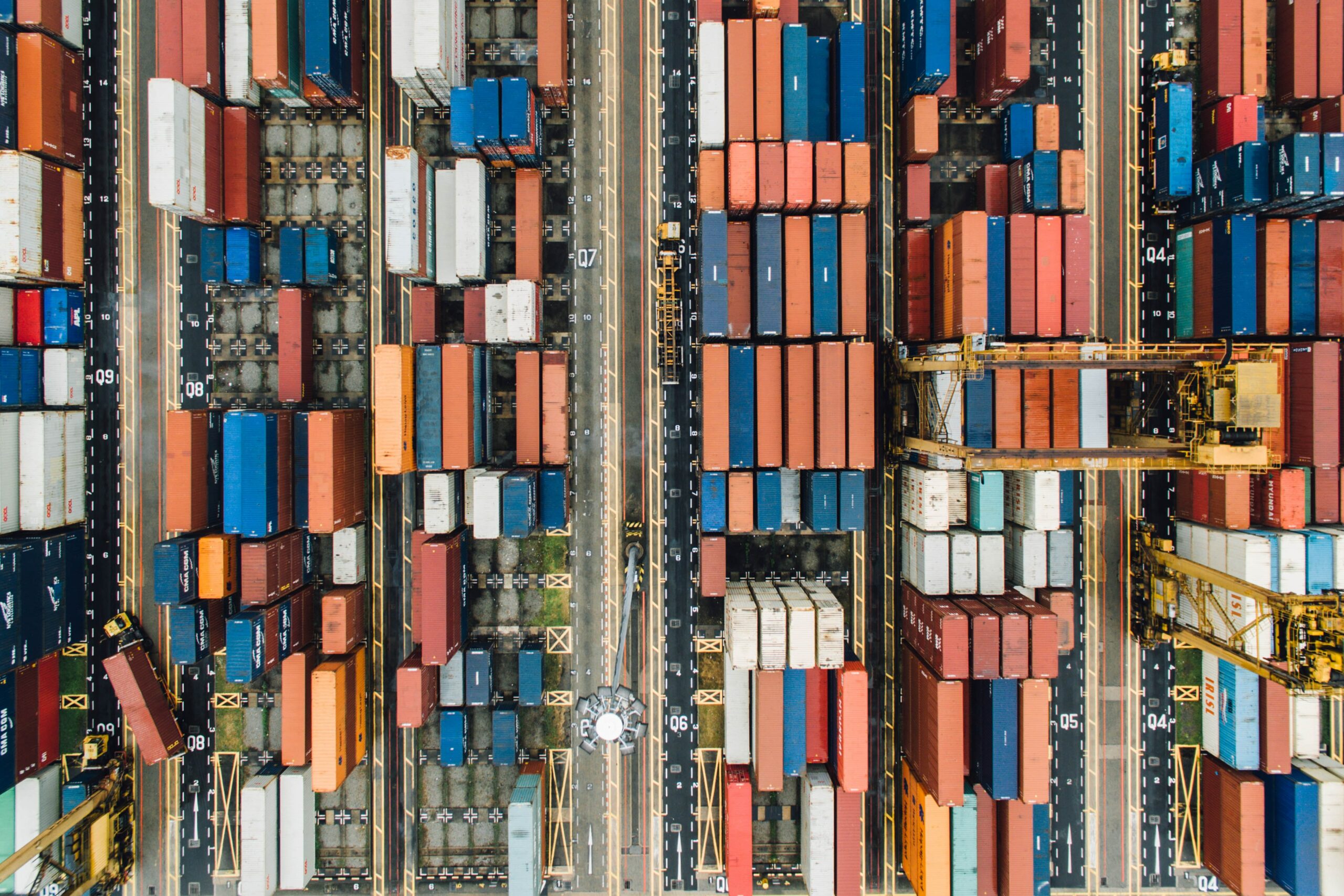
MARKET UPDATE December 9, 2021
PORT CONGESTION AROUND THE WORLD CONTINUES TO CAUSE BIG PROBLEMS
Dear customer,
Worldwide maritime transport is still under heavy pressure, due to both congestion problems at many container terminals worldwide and - as a result - serious delays of containerships.
CONGESTION PROBLEMS
Please find an overview of some of the local problems below.
- In Europe, several ports cope with huge congestion problems. In November, the Port of Rotterdam communicated that the average dwell time of a container increased from 4 to 7 days. According to the port authorities “…that means nearly a reduction by half of the port's capacity.”
- The CEO of DP World Antwerp told ShippingWatch that the usual buffer that is needed to ensure a flow in the terminal, is almost completely gone.
- In France, carrier CMA CGM is suspending calls in Le Havre on their Europe-West Coast South America service, referring to “Heavy congestion and a lack of productivity”.
- The situation in the UK also remains difficult. Maersk has suspended her direct calls to Felixstowe on her AE7 service from Asia due to “exceptional waiting times” in the port, and this will continue until March 2022.
- The problems at the west coast ports of the United States are widely known. However, the east coast is also experiencing congestion problems. Several carriers have decided to remove Savannah from their port calls (e.g. CMA’s ‘Liberty Bridge’ service) until further notice.
- In Asia, the port of Singapore is struggling with structural congestion. This has a big impact on shipments to South-East Asia. Being the world's busiest transhipment hub, Singapore has opened a mega port warehouse (Tuas) ahead of schedule. “The global cascading effect on port congestion is playing havoc with intra-Asia trade lanes, with large amounts of cargo stuck at transhipment hubs in the south-east”, according to The Loadstar. A lot of cargo is being ‘dumped’ in Singapore.
DELAYS OF CONTAINERSHIPS
The terminal congestion worldwide inevitably causes serious delays for container ships/shipping lines.
According to a study by Sea-Intelligence 14 % of global vessel capacity, equal to the size of the entire fleet of CMA CGM, is lost due to vessel delays. We’ve noticed a lot of last-minute changes of sailing schedules.

This has a big impact on the loading reality of all shippers. For example, almost one fourth of all planned port calls by over the past five months have been canceled. The three major alliances have skipped a total of 383 dockings in Northern Europe, following the massive overload on container terminals, writes Alphaliner. It's mainly the smaller ports, including Wilhelmshaven, Bremerhaven, Le Havre and Zeebrugge, that shipowners tend to skip, according to the analyst firm.
Based on the analysis, there are three reasons that some ports lose their calls. Firstly, shipowners are skipping certain ports on specific routes in order to limit delays. Another reason is an attempt to "restore schedule reliability" by temporarily dropping a port for a certain number of weeks. Finally, there is currently a large amount of blank sailings ongoing, which is due to some shipowners docking regularly in Europe, but it also leads to longer roundtrip voyages.
As for the schedule reliability of the shipping lines, this remains at a historical low. The latest ‘Global Liner Performance’ report shows a schedule reliability of 34 % in October 2021. Four carriers had a schedule reliability of under 20%, with Evergreen being the worst performer (13,4 %).
And of course, the terminal congestion has an impact on inland transport. Currently, negotiations with transport companies regarding the trucking rates for Q1 2022 are in full swing and it looks like most transport companies will implement an increase of around 10% as of January 1.
The major problem remains the lack of sufficient truck drivers, which leaves capacity (chassis) underutilized and transport companies in a stronger position in price negotiations. Some parties even don’t accept new assignments for inland haulage anymore. For example, CMA CGM Germany recently informed her customers that they “will not be able to confirm any new requests for carrier haulage until the end of 2021”, referring to the “extreme circumstances”.
In the end, importers and exporters are the big victims. "The Great Shipping Crisis of 2021 has taken many casualties as shippers, trapped between record rates and very poor service levels, struggled to fulfill delivery deadlines”, says the Global Shippers Forum. According to the UN (‘Review of Maritime Transport 2021’ published on 11-18-2021 by UNCTAD), the impact of the higher maritime trade costs will not only weigh on exports and imports but could also undermine a recovery in global manufacturing.
In the meantime, container shipping companies have reported record profitability for the third quarter. The industry has doubled its operating profit during the first three quarters of this year compared to the entire 10-year period of 2010-2020, acc. to Alan Murphy, CEO of Sea-Intelligence.
THE SHIPEX TEAM

